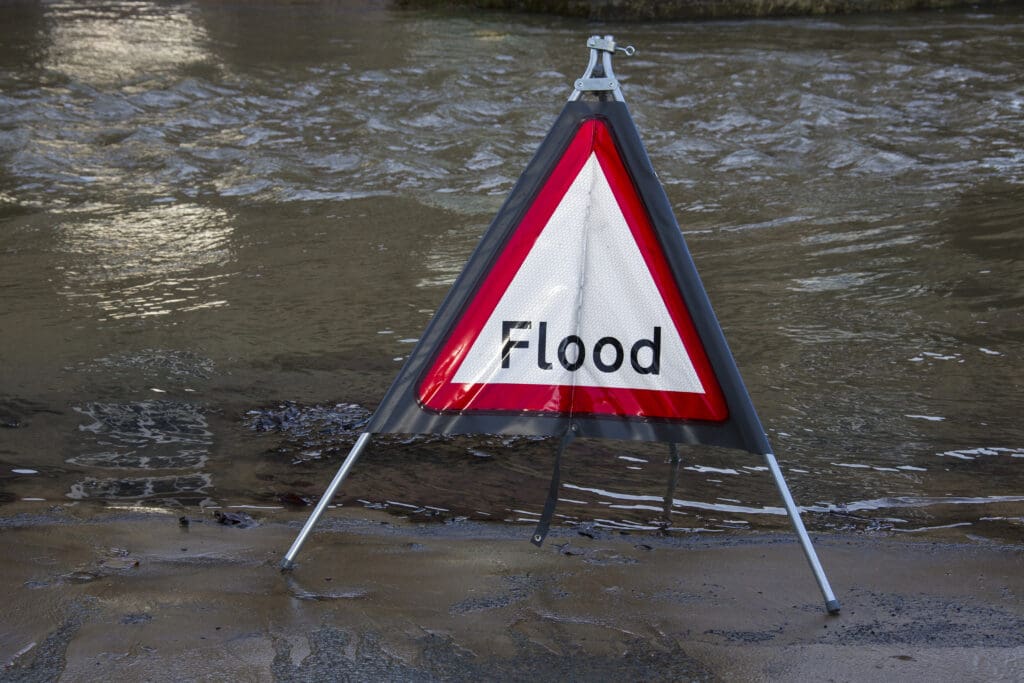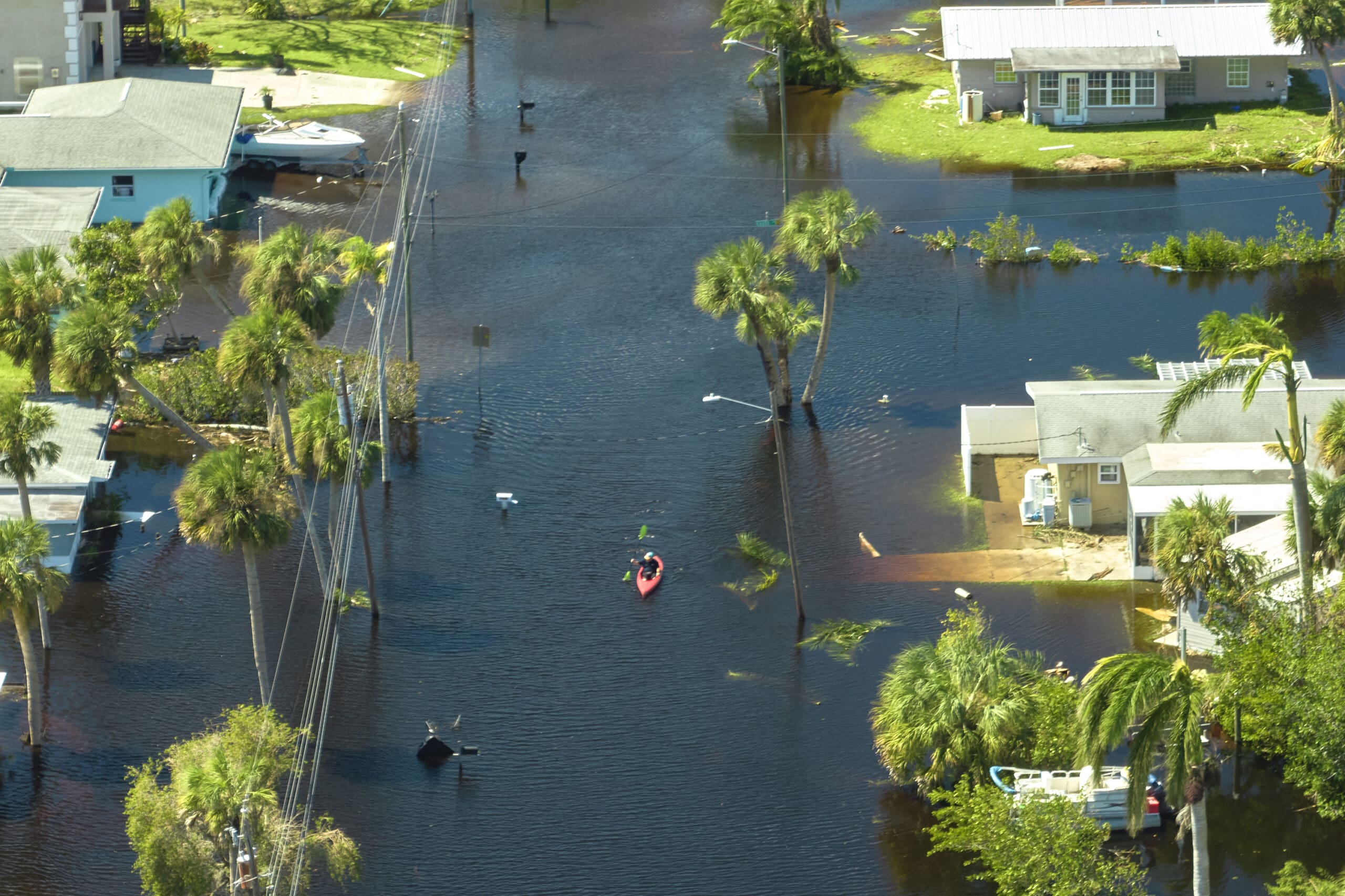Are you considering buying or investing in a property? Understanding the flood zone and insurance requirements is crucial to make informed decisions and mitigate potential risks. In this comprehensive guide, we’ll walk you through the step-by-step process of how to research a property’s flood zone and insurance requirements.
Step 1: Gather Property Information
The first step in researching a property’s flood zone and insurance requirements is to collect relevant information. Start by acquiring the property’s address, legal description, and any other details that will help you in your investigation.
Step 2: Utilize Official Resources
To determine the flood zone status of a property, consult official resources provided by relevant government agencies such as the Federal Emergency Management Agency (FEMA) in the United States. FEMA’s Flood Map Service Center and the National Flood Insurance Program (NFIP) are valuable sources of information.
Step 3: Identify Flood Zone Designations

Using the official resources, identify the specific flood zone designation for the property. These designations typically include zones like A, AE, VE, X, or others, which indicate different levels of flood risk. Understanding the flood zone designation is crucial for assessing the potential risks associated with the property.
Step 4: Assess Flood Risk Factors
Once you know the flood zone designation, it’s important to assess the flood risk factors associated with the property. Consider factors such as the property’s proximity to water bodies, historical flood data, elevation, and drainage patterns. This evaluation will provide insights into the property’s vulnerability to flooding.
Step 5: Research Insurance Requirements
Now that you have a clear understanding of the flood zone and associated risks, it’s time to research the insurance requirements for the property. Contact local insurance providers and inquire about flood insurance policies and their coverage. Understanding the insurance requirements will help you estimate potential costs and evaluate the property’s overall financial feasibility.
Step 6: Consult Professionals

If you encounter complexities during the research process or have questions about flood zones and insurance requirements, it’s advisable to consult professionals such as insurance agents, real estate attorneys, or land surveyors. Their expertise can provide invaluable guidance and ensure you make well-informed decisions.
By following these steps and conducting thorough research, you can gain a comprehensive understanding of a property’s flood zone and insurance requirements. This knowledge will empower you to make informed decisions, assess risks accurately, and take appropriate measures to protect your investment.
Remember, understanding the property’s flood zone and insurance requirements is essential for long-term financial security and peace of mind. Take the time to research and analyze this crucial aspect before making any property-related decisions.
#PropertyFloodZone #InsuranceRequirements #ResearchGuide #FloodRisk #PropertyInvestment

Richard has extensive experience in all aspects of buying and selling residential property. He has sold more than 400 homes and well over $100 million in residential real estate. There’s no need to guess. Get expert advice that will allow you to buy and sell with confidence and ease.
For neighborhood guides about Decatur and other intown neighborhoods, click here.
To learn more about the value of your home, please complete the form here.
If you are looking to purchase a home, please reach out here. We would love to help you have a wonderful buying experience.
You can always reach us through the Contact Us page here as well.
